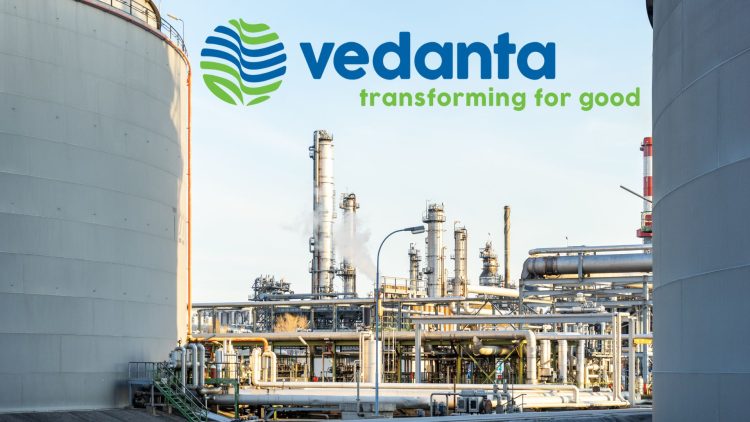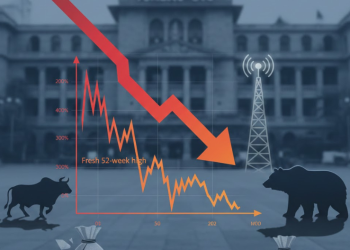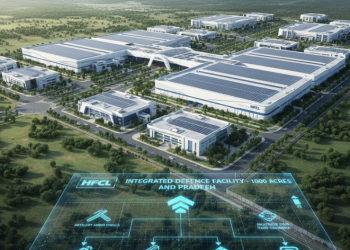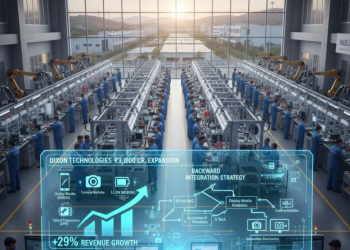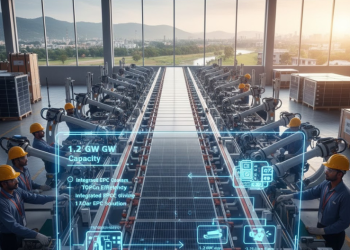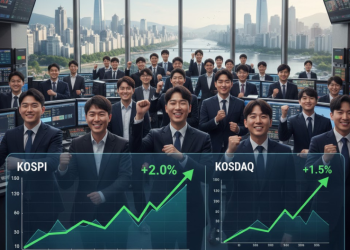Vedanta Limited has unveiled its next big chapter called Vedanta 2.0, a roadmap designed to strengthen its leadership in critical minerals, energy, and technology. The plan aims to create long-term value for investors while securing India’s resource and energy needs.
The company said the new strategy is backed by an investment pipeline of over $11 billion, spread across its core businesses including aluminium, zinc, oil & gas, iron and steel, and power. Of this, nearly $6 billion has already been spent as of June 2025.
Vedanta has also been working on its demerger process, which aims to unlock greater value by separating different business units. The National Company Law Tribunal (NCLT) began hearings in July, and the next session was earlier scheduled for August 20.
However, the plan has now faced a setback. The government has raised objections, saying the company did not fully disclose key details, inflated revenues, and hid liabilities. Because of this, the NCLT has deferred the hearing to September 17, 2025, putting the September-end deadline at risk. SEBI has also issued a warning over changes made to the scheme, and Vedanta’s share price dropped by about 2-3% after the news.
In terms of expansion, Hindustan Zinc has approved the first phase of its plan to grow capacity to 2 million tonnes, starting with a 250,000-ton addition backed by a $1.4 billion investment. This is expected to further consolidate Vedanta’s position as the world’s largest integrated zinc producer.
Vedanta has also secured 10 blocks of critical minerals under India’s national mission. These include important resources like nickel, chromium, cobalt, vanadium, manganese, tungsten, gold, and rare earth elements. The company believes these minerals will play a central role in the global energy transition.
Financially, Vedanta started FY26 on a strong note. The company reported its highest-ever first quarter EBITDA of ₹10,746 crore, with margins touching a 13-quarter high of 35%. Profit after tax rose 13% year-on-year to ₹5,000 crore, supported by strong domestic demand and strict cost discipline.
Vedanta operates across a wide portfolio. It is the largest private oil producer in India, a top player in aluminium with over 45% domestic market share, and holds nearly 75% of the zinc market. Its assets also span iron ore, steel, copper, silver, power generation, and even international mining projects in Africa and the Middle East.
Beyond operations, the company continues to push for sustainable growth. Vedanta has over 350 ESG initiatives underway, ranging from health and safety to carbon reduction and community development. Its flagship social program, Nand Ghars, now supports over 600,000 people across India.
Looking ahead, Vedanta plans to complete large expansion projects including new smelters, coal and bauxite mines, and the Gamsberg Phase-2 zinc project in South Africa. In oil and gas, the company has started ASP injection at its Rajasthan fields and is preparing to drill new wells in both onshore and offshore blocks.
Despite the hurdles on the demerger front, Vedanta believes its Vedanta 2.0 strategy will not only boost earnings but also reinforce India’s self-reliance in critical minerals and energy security.

